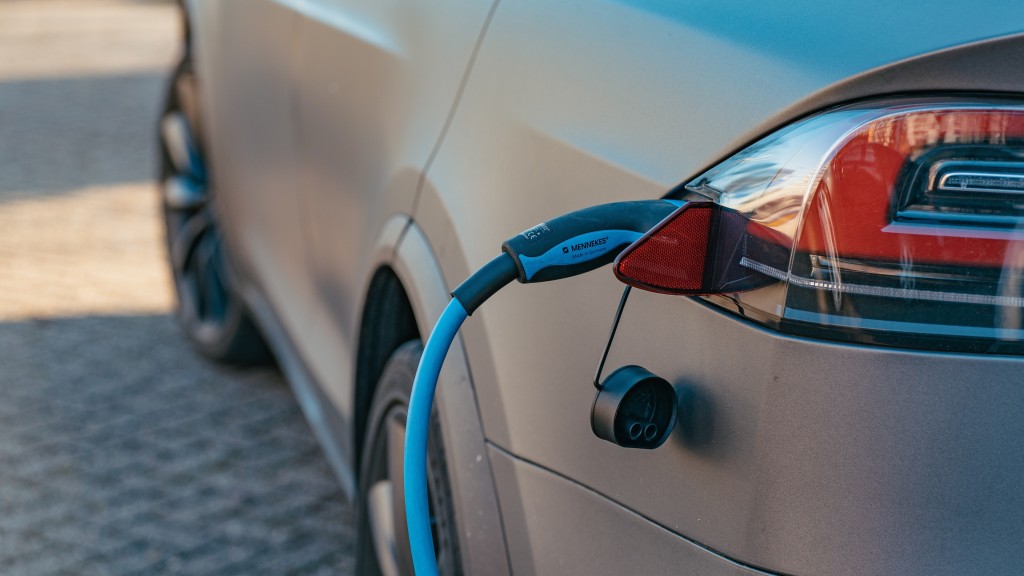Canadian government invests $9 million to develop Canadian lithium battery supply chain in B.C.

From mining to manufacturing cars and batteries, to charging and end-of-life recycling, the electric vehicle supply chain presents economic opportunities for Canada. Canada is supporting domestic value chains for critical minerals and the clean technologies and energy sources they enable. The mining sector alone directly and indirectly employs over 700,000 Canadians and contributes almost $160 billion to Canada's gross domestic product. The Government of Canada is building up every part of the supply chain at home, maximizing economic growth and job creation, and demonstrating why Canada is a promising location for lithium-ion battery supply chains internationally.
Yesterday, the Honourable Jonathan Wilkinson, Minister of Energy and Natural Resources, announced two investments totalling over $9 million to Saltworks Technologies Inc. (Saltworks) and NORAM Electrolysis Systems Inc. (NESI) to support the battery supply chain in British Columbia under the Critical Minerals Research, Development and Demonstration (CMRDD) program. These investments will support Canada's ability to address a gap in midstream lithium processing through the advancement of Canadian technologies.
The $4,937,500 investment to Saltworks will be used to accelerate the concentration and conversion of Canadian lithium brine into lithium battery precursors using two novel technologies developed and tested by Saltworks. This project could accelerate access to lithium resources and reduce investment risk in Canada's brine-to-battery lithium industry. An additional investment of $4,500,000 to NESI will support the industrial-scale demonstration of membrane electrolysis technology for lithium production at NESI's new test centre. The project will help commercialize sustainable lithium hydroxide production from a variety of lithium resources, enabling wide-scale industrial implementation of membrane electrolysis technology.
Canada is investing in critical minerals – such as copper, lithium, nickel, cobalt, and rare earth elements – because they are essential to many modern technologies.



